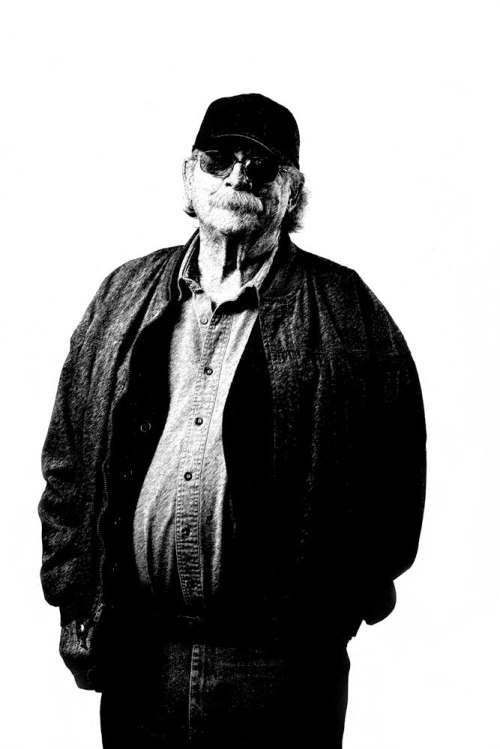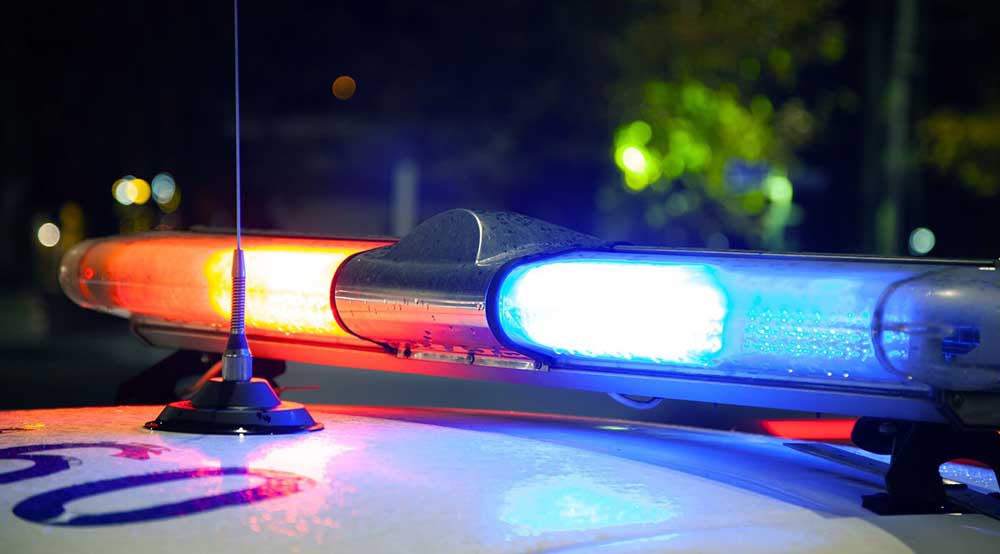From the headwaters of Dry Creek | New rules for the road
Published 5:00 am Saturday, July 11, 2020

- J.D. Smith
Our house is situated 20 miles from where I work and I make the round trip drive several days per week. This results in about 15 hours per month of free-range contemplation, while I sit behind the steering wheel in control of a ton of spinning parts and wait for mechanical disaster to hit. Over the years, I have come up with the following proposals for changes in the ways that we, as a society, could deal with the automotive experience.
Litter zones
Face it, litter laws are not working. Check out the ditches. Drivers suck down a Pepsi, three packs of Hostess Ho-Hos and a couple of jars of Powerbait, then can’t stand to have the evidence rattling around with them in their cars, so they flip the leftovers and packaging out into the great otherworld.
No problem. It said right back there on that little green sign that this section of highway has been adopted by the Friends of the Ostrich Pluckers. They’ll pick up the mess, eventually.
The answer is simple. We accommodate these slobs by creating “Oh, Go Ahead and Litter Zones,” stretches of highway in which littering is encouraged, thereby herding the refuse into identifiable corridors and making the retrieval a simpler process. Pitch it out, next 2 miles. Put them close to towns. This would make life a tad easier for the can pickers. But, if we catch someone throwing out trash anywhere other than in these zones, we fine the peewaddin’ out of them and make them participate in mass public spelling bees.
Mandatory automotive maintenance instruction
I rarely drive past a broke-down motor vehicle if it looks as though I might be able to get it running again. About half the time I can help. The other half are usually newer cars with computerized brains that I frankly do not understand.
In general, folks have become undereducated and lazy about their vehicles. A couple of years ago, I put my perfectly good life in park and voluntarily changed the inside dual tire on a motorhome, while the 25-year-old able-bodied operator sat inside on a flowered couch and impressed his girlfriend with his commitment to feminism. The brat had no interest in learning how to accomplish the task himself or in chatting with me while I wallowed in the grime. The assumption was that there will always be someone of the yeoman class available to perform these duties, while he tends to the matters of real importance. This spoiled butthead should not have a driver’s license.
I suggest that our society would benefit from educating drivers about the rudiments of automotive transport before we issue them licenses to operate rolling metal with hundreds of rotating parts. Make basic automotive literacy required as an early high school class, when kids are just about ready for their learner’s permits. You shouldn’t be a driver if you don’t know how to change a tire or add a quart of oil or change a wiper blade.
License the hitchhikers
Folks don’t hitchhike nowadays because no one picks them up. I still stop for hitchhikers, because I have no fear of being robbed, raped or disemboweled with a Nazi bayonet like the television people say is sure to happen. The people I carry on up the road to nowhere are usually male, tired and almost never equipped financially to own an automobile. There have been a few stinky kooks, but most are just poor folks trying to get from one place to another.
One remedy would be to launch a mass reeducation effort, maybe nationwide free yoga sessions, designed to overcome our national preoccupation with the details of isolated, grisly, random violence. In 10 years, we might begin to trust each other again. There is a simpler solution — some of the fear could be removed from the hitchhiker/driver connection if we were to decriminalize poverty by legalizing and licensing the art of hitchhiking. This could be done by allowing a person for, say, $3 to register as a legal hitchhiker at any courthouse or police station and be issued a large, highly visible identity card. Unregistered hitchhikers being hassled at a freeway entrance could purchase a permit from any law officer.
A corollary to this permitting process would be that it could offer a tax break to those people who do stop to give a lift to the hitcher and can verify their sharing by having him/her/it/they sign a slip documenting the time and distance of the ride. That would then be entered in the Oregon income tax forms and entered as a credit against taxes at the national mileage rate.








